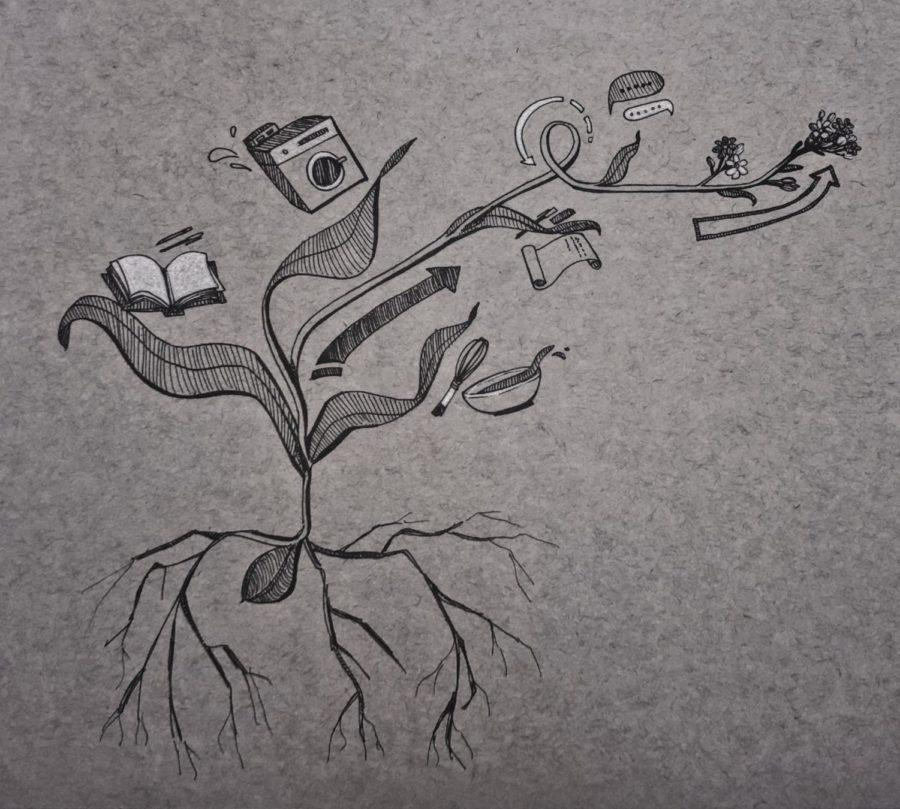Nearly three years ago, I sat in my high school’s auditorium, listening to an admissions counselor from the University of Chicago. He, the late Daniel Follmer, was speaking not just to me, but to the mass of high school seniors before him. Beneath the chuckles, after Follmer assured us that UChicago was not the place where fun goes to die, was anxiety—a deep nervousness about the daunting obstacle of college admissions.
Fast forward a year. Now it’s September. I sit again, still in a crowd, but not in my high school—in Rockefeller Chapel. It’s the sort of building that really makes you feel like you’re a part of history, even as your new housemates are dozing off from boredom as the speaker drones on about something. I am told that I am one of the few admitted, and that by whatever mysterious standards the admissions team wields, I am special.
One of the few special—what does it even mean to be special? Jump to a week later. It’s almost noon and I’m leaving my class, my first ever of college. I was really, truly, officially a college student. That itself was an exciting feeling. Even more exciting, or maybe kind of nerve-racking, was the sight of students flooding the quad, all of whom had done the very thing you had done: gotten into this college, been “special.”
So begin the trials and tribulations of your first year of college. College is an interesting time in our lives—for the majority of us, it means liberation in a lot of senses: from your supposedly tyrannical and/or oppressive parents who had long imposed curfews on you (now you can be out, stay up all night like an adult) and from people talking down to you because you were too young (you’re in college, duh—you must know the world now).
But at the same time, college is a confrontation. It’s a confrontation of the more serious side of independence, the side that the movies we watched growing up didn’t really acquaint us with. You might have to learn how to budget, or to cook, or even to do your laundry (but seriously, please at least know how to do your laundry before you get here). Practical skills aside, college sometimes feels like it requires too much independence. You alone pick your classes and choose your major. You alone pick the people and friends who you wish to populate your life. You alone have to figure out what you care about, who you are.
My first year gave me a taste of who I was—it pointed me in the right direction. It sowed the seeds of my identity that I would grow and grow, and eventually get to see blossom. It was a year of beginning to learn what really interested me beyond just school, what tugged at my heartstrings and made me want to wake up every morning. It was a year of finding the right people, friends who I knew would challenge and inspire me to think differently. It was a year of figuring things out, and sometimes that meant trial and error. It was a year of understanding what made me “special,” or unique.
If I could say anything at all to my first-year self—and to any of you incoming first-years reading this—it is to be fearless. Judge less easily, forgive more. Have an open mind. Take the classes that captivate you, even if they may not seem practical now nor easily fit into some prescribed professional track. The University, and we students who populate it, are here to help you navigate through what may seem, at first, like a scary year.
Annie Geng is a third-year in the College.
This article is part of The Maroon’s 2018 Orientation Issue, which appears in print during O-Week. You can view all of our Orientation Issue coverage here. If you are interested in joining The Maroon this fall, please find information here.








